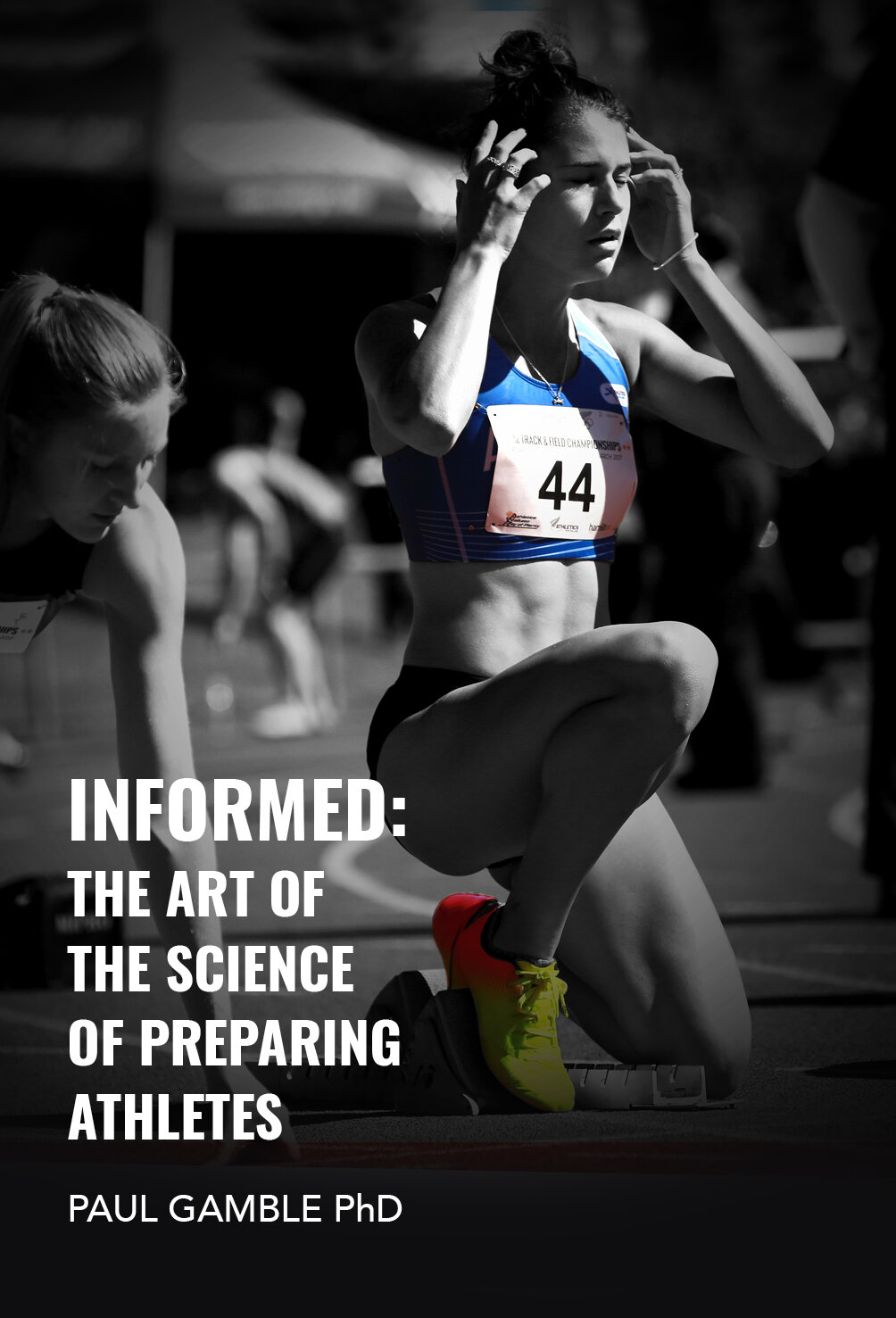The Journey to Here…
Prepared Athlete Training & Health is the culmination of a professional journey spanning three decades, and three continents.
Paul Gamble PhD is the founder of Prepared Athlete Training & Health. Paul arrived into British Columbia in late 2017 following a six-year stint in New Zealand, however Paul is originally from the United Kingdom.
What fundamentally motivates Paul is the realisation of individual potential in sport and other realms of human performance, which led to pursuing an education in sport and exercise science, culminating in a PhD, and has since driven his work to translate scentific research and textbook theory into real-world practice. Some twenty years prior to moving to Canada, Paul began his career in elite sport as sport scientist and strength and conditioning coach with professional rugby union side London Irish, competing in the English Premiership.
After serving four seasons in professional rugby and completing his PhD, Paul moved to Edinburgh and it was at this stage that Paul diversified from his team sports background and began to apply and adapt what he had learned with athletes competing in a wide array of sports, notably serving as National Strength and Conditioning Lead for Scottish Squash and Racketball spanning two Commonwealth Games cycles.
It was also during his time in Edinburgh that Paul began coaching track and field athletics. What was immediately striking was how much of what we employ in track and field has application to the team sports, racquet sports, and other individual sports Paul has encountered. After all, the fundamental tenets of track and field athletics - run, jump, throw - feature in some form in the majority of sports.
This unconventional route into track and field athletics gives Paul a unique lens on where the tools from track and field are applicable to the preparation of athletes in different sports. Conversely, and equally importantly, Paul’s background and experience in these respective sports permits an insight on how the methods and techniques adopted from track and field can be modified to fit the constraints and context of the athlete’s respective sport.
The quest to explore the different facets of physical preparation and sports injury prompted Paul to write the first of several textbooks in 2009. Paul has also written books for coaches and leaders, and more recently parents of young athletes on the youth sports journey.
During his time in New Zealand, Paul also expanded his track and field coaching repertoire to work with athletes across a wide array of events, including throws, jumps, and multi-events. Prior to leaving New Zealand, Paul notably coached New Zealand sprinter Joseph Millar to the 200m New Zealand national record, completing the 100m and 200m double at both the New Zealand and Australian championships in 2017, and qualifying for the 2017 World Championships, which Paul attended as part of the New Zealand team.
Following the move to Vancouver in late 2017, Paul assumed the role of Director of Sport Performance with a commercial sport and health facility, leading the applied sport science, performance rehabilitation, and strength and conditioning departments. Since his arrival in Canada Paul has published three further books, and continues to share content for coaches and practitioners through our sister site Informed Practitioner in Sport established in 2015. Paul remains dedicated to coach and practitioner development, including consulting and mentoring with individual coaches, organisations, and squads across British Columbia.
The sum of these experiences led Paul to conclude that the increasing gaps we observe can be solved by investing time and expertise to equip athletes with the athletic tools and athlete life skills they require. The same premise applies whether we are seeking to safeguard against injury, enhance performance or successfully return to competing following injury. Ultimately, it was this conviction and Paul’s desire to best use his knowledge and expertise in the service of aspiring athletes, which prompted the genesis of Prepared Athlete Training & Health.
Paul has been fortunate to connect with exceptional practitioners within British Columbia and beyond, and continues to seek out willing practitioners as he continues build this network across disciplines. Ultimately our aim is to engage with the client’s existing providers to complement the good work that is already being done and collaboratively find solutions to solve the unique puzzle presented by each athlete.






















The parallels between coaching and parenting are striking and both of these elements naturally come together with youth sports. The concept of free-range kids popularised by author (and parent) Lenore Skenazy thus readily applies to how we coach young athletes (as well as sport parenting). In each case, free play and participating in unsupervised games are essential parts of how children and young athletes develop. Engaging in play is central to how we learn to navigate the world and engage with others. Voluntarily participating in games with others (without intervention from the grown ups) teaches kids how to conduct themselves and develops the capability to interact with peers in a competitive context and a cooperative manner. A less structured environment where the kids themselves decide the playing area and the rules of the game affords the opportunity to apply what they have learned, explore different tactics and engage in trial and error. As such, free play and unsupervised games are particularly rich in opportunities to acquire and adapt sport skills and develop game sense. Given the myriad benefits and the essential role that these opportunities play in developing adept athletes and capable humans, it seems baffling that they are systematically being eliminated with today’s youth. So here we will make the case for applying the free-range perspective to rethink youth sports participation and talent development in a way that fosters engagement and creates self-reliant athletes.